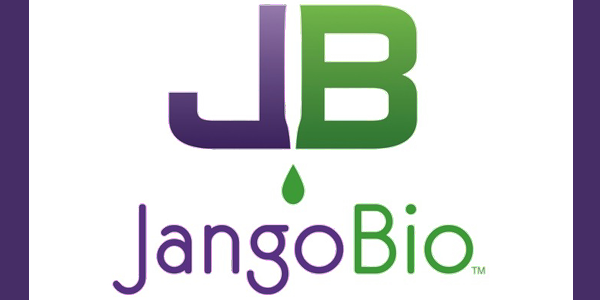 Story provided by Alex Moe, WisBusiness.com
Story provided by Alex Moe, WisBusiness.com
JangoBio is working on a stem cell treatment that could hold the key to halting, and even reversing, the effects of aging.
The natural process of hormone dysregulation happens to most organisms as they approach and pass reproductive maturity, with degrading of tissues in the body that regulate hormones.
This Madison-based startup’s unique method of reversing this process involves regrowing the gonadal tissues in the body that produce and regulate an array of hormones. These tissues can take the form of testes or ovaries, reproductive organs that also affect testosterone and estradiol, a form of estrogen.
But these two commonly known hormones are only part of a much bigger picture.
“There’s over 50 hormones that we’re not doing anything about,” said JangoBio COO William Kohl. “That’s like having a semi truck with 18 wheels, and you’re only pumping up one tire if they’re all going flat. It helps a bit, but it’s not really a good solution.”
JangoBio is only in its early stages, but that doesn’t diminish CEO and founder Craig S. Atwood’s optimism about potential applications of the company’s therapy.
“We do have data from the parabiosis experiments that suggests that yes, this would reverse the aging process,” said Atwood. “But to what degree, we don’t know.”
Parabiosis is the process of connecting two organisms’ circulatory systems so blood can flow between them. According to Atwood, an associate professor in the Department of Medicine at the UW-Madison, data from parabiosis experiments connecting a young animal to an older one suggest the flow of youthful, hormone-rich blood can have beneficial effects on the older organism.
To gain these results without needing to hook up patients to younger people, JangoBio’s therapy uses stem cells to stimulate the regrowth of cells that naturally produce and regulate hormones.
“There is the potential to increase fertility both for men and women with this technology,” said Atwood. “I think this therapy increases options.”
Using stem cells gathered from another person, or using the patient’s own cells, JangoBio aims to improve the lives of people suffering from maladies related to aging. This process could have positive effects for sufferers of diabetes, Alzheimer’s, arthritis and stroke diseases, according to Kohl.
“As our hormone imbalances increase with age, so do age-related maladies,” said Kohl. “They correlate almost exactly with hormone levels in an animal’s body, or a human’s body.”
JangoBio was formed in 2015, and has obtained a Phase 1 NIH grant for $364,000.
The company is currently seeking $250,000 in angel investment, which will go towards supporting pre-clinical efficacy and safety trials. Kohl expects these trials to be done in less than two years, at which time the company will seek more investment to support long-term growth.
Time-consuming pursuit of FDA approval can be circumvented, said Atwood, by sticking with the autologous method–a way of harvesting stem cells from parts of the patient’s own body, such as fat cells, that then using cell “education” to program new duties.
According to Kohl, the process of safety testing will be the most time-consuming, while efficacy testing will yield immediate results.
“We don’t need to go through years to see its effectiveness; we can actually see the effectiveness immediately by looking at blood hormone levels,” said Kohl. “We’ll see right away if it’s working.”

